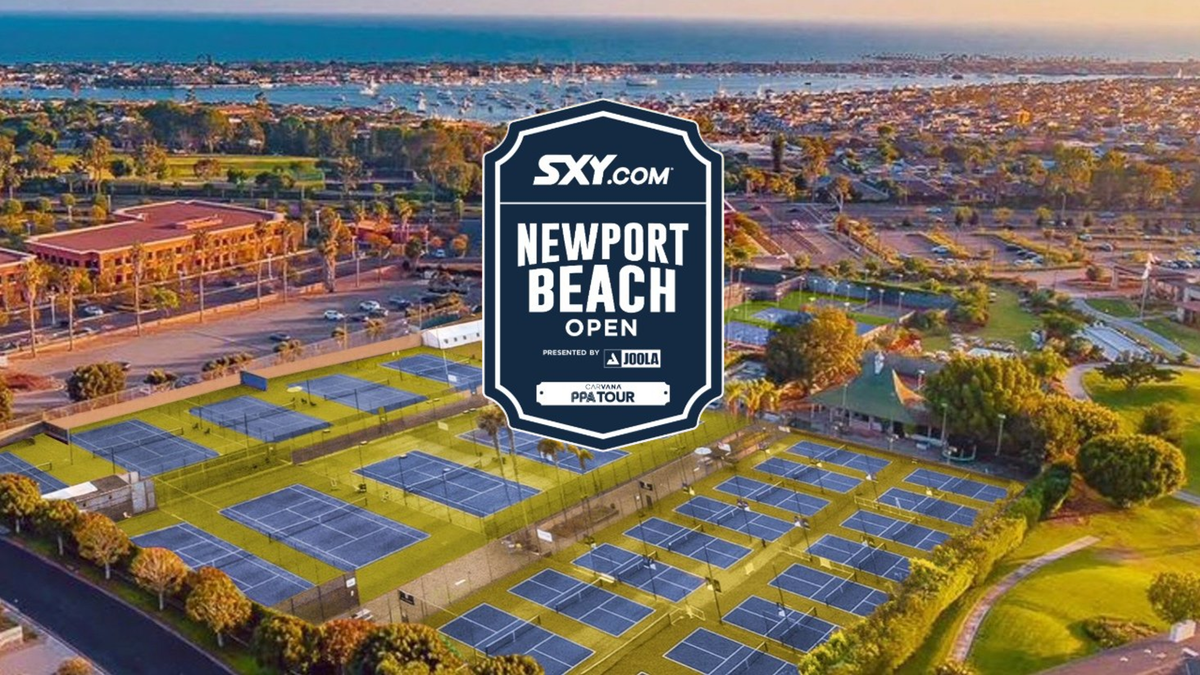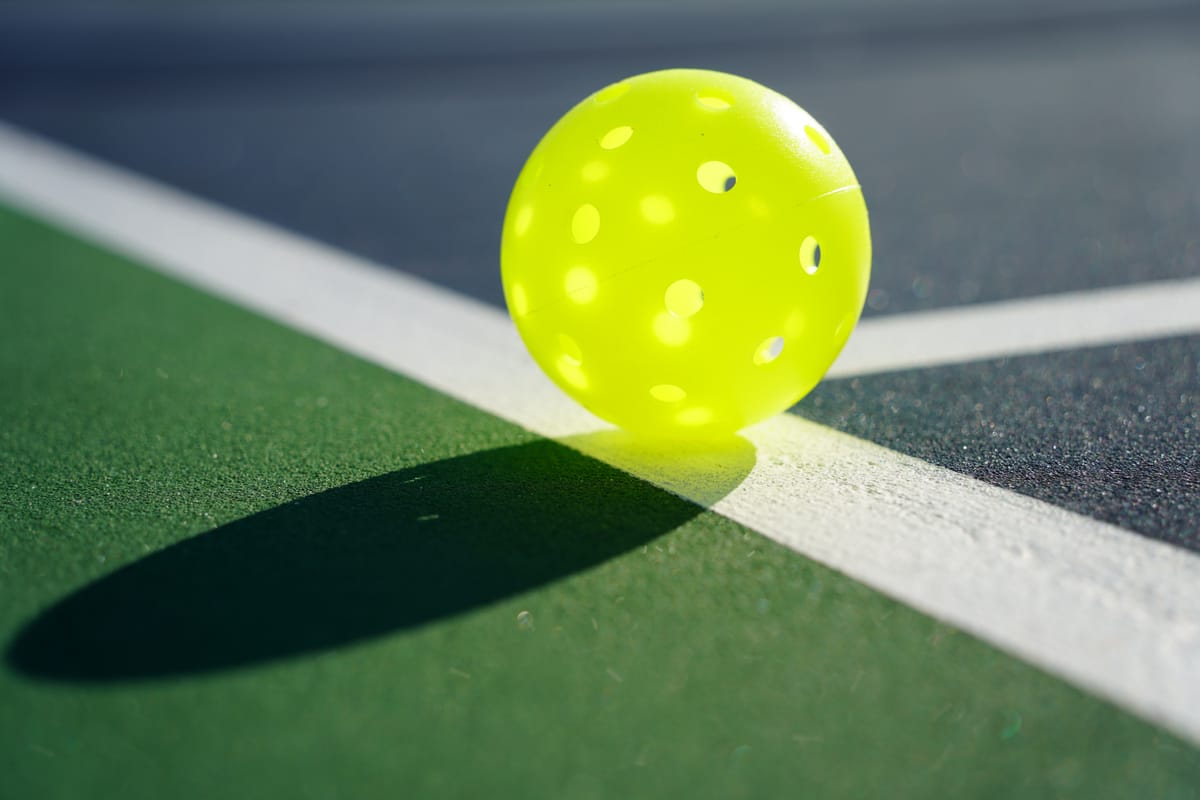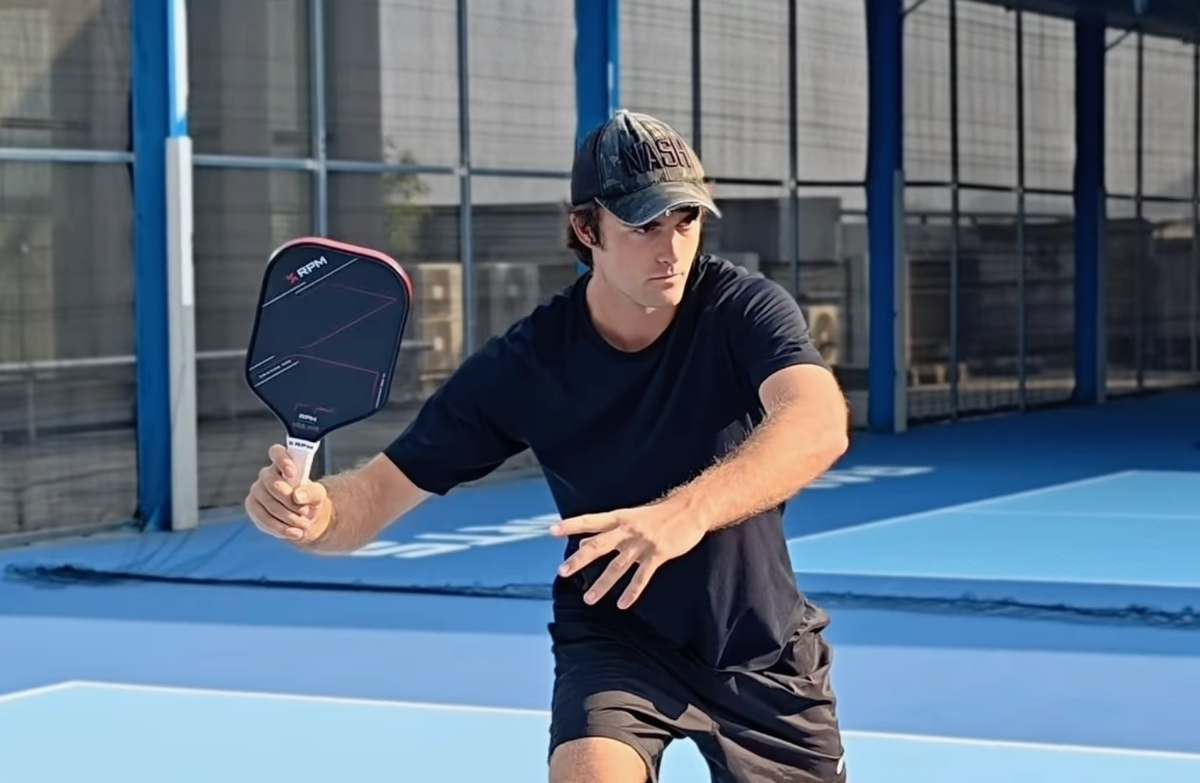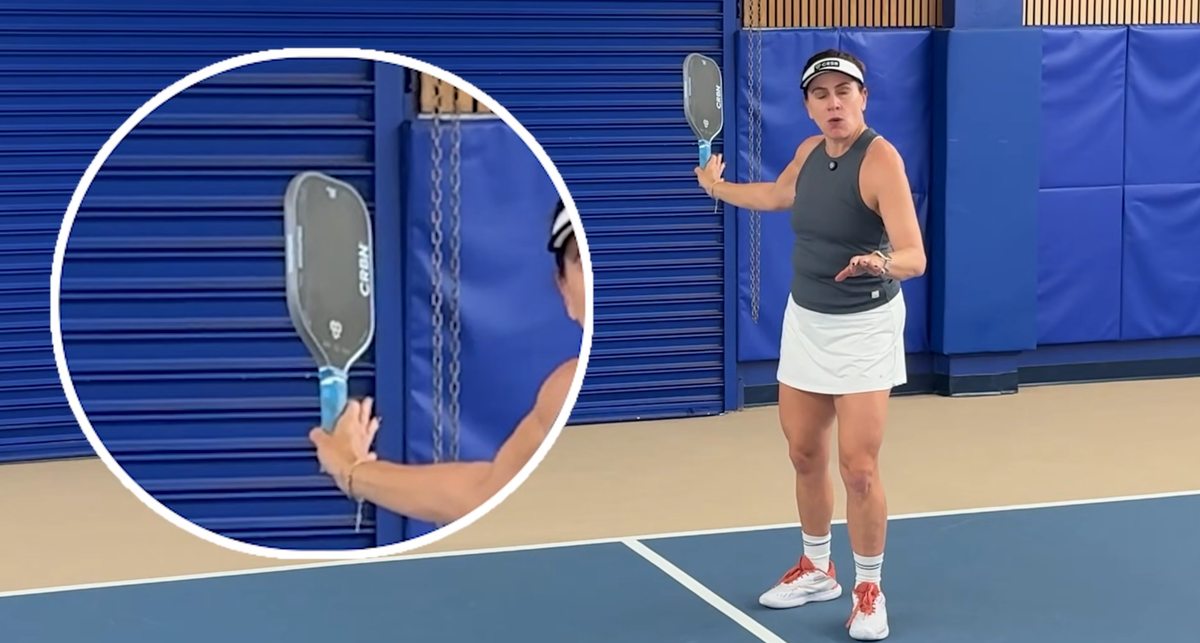Pickleball is rapidly gaining popularity across the U.S. and globally, with players of all ages enjoying the fast-paced, accessible sport. As it grows, there’s a distinct divide between recreational players and professional athletes who compete at the highest levels. While both groups share a passion for the game, the differences between recreational and professional pickleball players are significant in terms of skill level, strategy, commitment, and overall approach to the sport.
1. Skill Level and Mastery of Techniques
One of the most apparent distinctions between recreational and professional pickleball players is the level of skill and mastery of fundamental techniques.
- Recreational players may vary widely in ability. Some are beginners learning the basics, while others might be seasoned players with a solid grasp of the game. However, they tend to have less refined technique compared to pros. They may rely more on casual play and instinct rather than on finely honed skills. Many recreational players use a mixture of basic strategies, focusing on enjoying the game without obsessing over the precision of every shot.
- Professional pickleball players display exceptional control, footwork, and consistency in their game. They’ve spent countless hours perfecting their strokes, learning how to execute dinks, volleys, smashes, and drops with accuracy. Professionals can consistently place their shots where they want them, exploiting their opponents’ weaknesses. Their play is marked by sharp reflexes, flawless execution, and an advanced understanding of spin, speed, and shot selection.
Pickleball is not only about physical skill, but also about strategic thinking and mental sharpness.
- Most recreational players have a decent understanding of the rules and basic strategies, such as the importance of getting to the non-volley zone (kitchen) and keeping the ball in play. However, recreational players tend to rely more on power and reactive play, rather than advanced game tactics. Their shot selection is often more straightforward and not as focused on setting up long-term points.
- At the professional level, strategy is key. Professional players not only understand the game’s nuances but can anticipate their opponent’s moves several shots ahead. They are adept at constructing points with a clear tactical plan, often using dinks, lobs, and drop shots to control the pace of the game. Their ability to anticipate the opponent’s response and adjust on the fly separates them from recreational players. Professionals are also skilled at reading body language and positioning, which allows them to capitalize on openings and force their opponents into mistakes.
3. Physical Fitness and Conditioning
While pickleball can be enjoyed by players of varying physical fitness levels, there is a clear difference in athleticism between recreational and professional players.
- Many recreational pickleball players treat the game as a fun way to stay active and socialize. While some are in great shape, pickleball at this level doesn’t necessarily require the same physical demands as professional play. Players may take breaks between points, and the pace of the game can be slower, especially in friendly matches. Recreational players often don’t engage in a rigorous fitness regime outside of playing the sport casually.
- Professional pickleball players are athletes, often undergoing rigorous physical training to enhance their stamina, speed, and agility. Their conditioning allows them to perform quick lateral movements, powerful smashes, and sustained high-intensity rallies. Maintaining peak physical fitness is crucial for professional players to endure long tournaments, recover quickly, and perform at the highest level. Strength training, flexibility exercises, and cardiovascular conditioning are a part of their daily routines.
4. Commitment and Time Investment
The amount of time and dedication players devote to improving their game is another major distinction.
- For recreational players, pickleball is often a hobby. They might play a few times a week with friends or participate in local leagues or casual tournaments. Their time spent practicing and improving tends to be minimal, as the focus is on enjoyment rather than competition. While they may take lessons occasionally, most recreational players don’t invest heavily in training or analysis of their game.
- Becoming a professional in any sport requires an immense level of commitment, and pickleball is no exception. Professional pickleball players often spend hours each day practicing, working with coaches, analyzing videos of their matches, and continuously honing their skills. They travel frequently for tournaments and devote themselves full-time to the sport. This level of dedication demands sacrifices in other areas of life, such as time spent with family or pursuing other interests.
While equipment doesn’t make the player, professional pickleball athletes often use higher-end, customized gear suited to their playing style.
- Recreational players typically use standard paddles and equipment, which are perfectly adequate for casual play. They may upgrade their paddles as they become more experienced but are generally not concerned with the nuances of paddle technology, string tension, or grip type. Footwear and apparel are usually chosen based on comfort rather than performance optimization.
- Professional players are more particular about their gear. They often work with manufacturers to develop paddles that fit their exact needs in terms of weight, balance, and grip. Many pros also pay careful attention to their shoes, ensuring they offer the necessary support for quick movements and pivots. Sponsors often provide these athletes with the latest equipment, which can give them a slight edge in competition.
6. Competition and Tournaments
Another critical difference between recreational and professional pickleball players lies in the level of competition they face.
- Recreational players usually participate in local tournaments or casual games with friends and family. These events are less about winning and more about community engagement, fun, and improving personal skills. The atmosphere is relaxed, and while competition exists, it’s generally friendly and lighthearted.
- Professional pickleball players compete in major tournaments for significant prize money, rankings, and endorsements. The competition at this level is fierce, and every match is a test of mental and physical endurance. Professional tournaments attract the top players from around the world, and the stakes are high. The pressure to perform is intense, with careers and reputations on the line.
The gap between recreational and professional pickleball players is evident in various aspects of the game, from skill level and strategy to physical conditioning and dedication. While recreational players enjoy pickleball for its fun and social elements, professional players treat it as a serious career, dedicating significant time and effort to mastering the sport. Both groups contribute to the growing popularity of pickleball, but their approaches to the game are worlds apart.
Anuncie Aqui / Advertise Here
Sua marca para o mundo Pickleball! / Your brand for the Pickleball world!

 English
English  Spanish
Spanish  Portuguese
Portuguese  German
German  Italian
Italian  Japanese
Japanese  French
French  Polish
Polish  Russian
Russian  Netherlands
Netherlands  Hungarian
Hungarian  Turkish
Turkish  Videos
Videos  The Pickleball Guru
The Pickleball Guru








 English (US) ·
English (US) ·  Portuguese (BR) ·
Portuguese (BR) ·